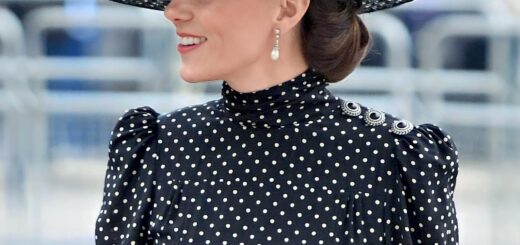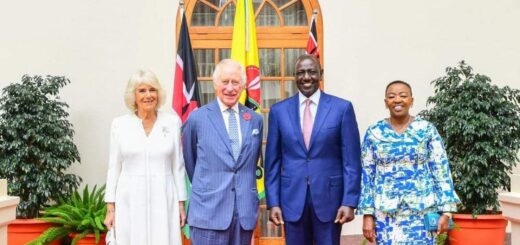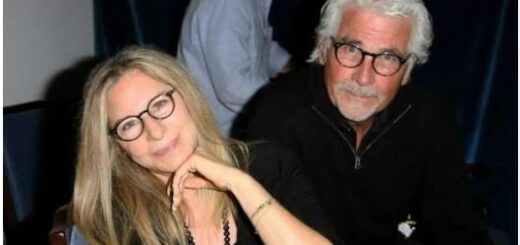What we can all learn from Princess Diana
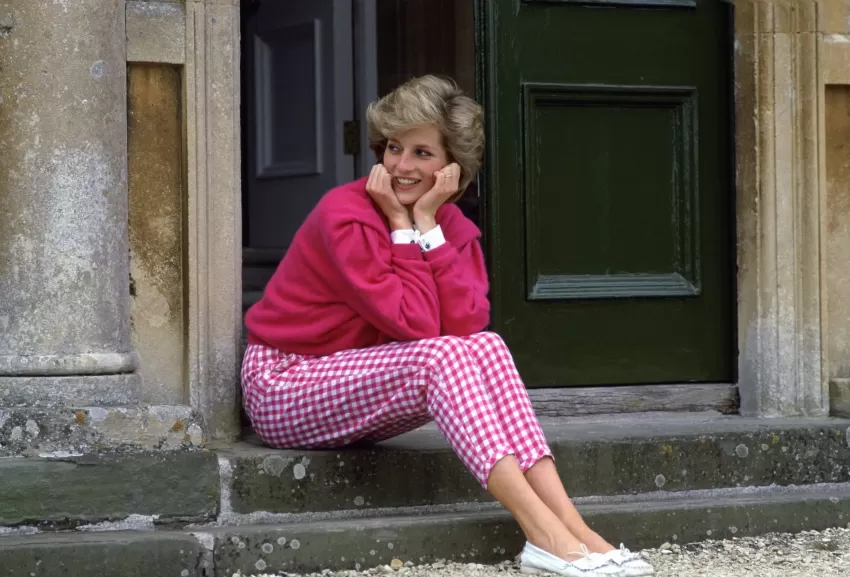
remember the first time I felt it. I was so embarrassed about this alien feeling welling up inside of me, that I immediately had to escape the watchful eyes of my mother. I ran out into the garden, sat on a chair on the patio and stared up at the bright blue London skies… tears rolling down my face in a way I had never experienced before.
The tears that usually fell from my eyes were only ever spent on myself, not other people.
The day Princess Diana died, I learned a great lesson in life.
It was a bright and sunny Saturday morning in 1997, the 6th of September. A day, I am sure we all remember in some way, and were likely engaged in, or at the very least, mindful of Princess Diana’s funeral. My Mum and I were watching on the television at home, and while I was sad that a Princess I really looked up to (and my Mum idolised) had died, the day didn’t start off with feelings of grief.
At 11 years old, the emotions I had experienced thus far in my life had only stemmed from a self-serving and self-centred place. They were the usual ones of a normal childhood – happiness, excitement, sadness when I didn’t get my own way, fear of the dark, scary movies and big spiders, embarrassment, jealousy, insecurity… and fancying boys was new but nothing of any great magnitude (yet).
No emotion so large I couldn’t handle without a giggle, tantrum, or sulking session. It was childhood.
But the moment I saw William and Harry walking behind their mother’s coffin that day, a brand new emotion hit me like a ton of bricks and I didn’t know how to deal with it. Life suddenly seemed so cruel, I felt this massive sense of despair, not for myself but another. The lump in my throat grew large, and I started sobbing, so sad for those boys who were around my age.
The realisation that life is fragile and anyone could lose their mum, no matter how famous or special she might be, was terrifying. I feared for myself, but I realised I was grieving for them, putting myself in their shoes, and my heart broke.
It hurt, and it hurt really really badly. Yet the pain I felt, barely touched the surface of what I knew other’s felt in that moment.
That day has stuck with me for all this time, because I realise now it was a moment in which I started to grow up emotionally. Life was rapidly changing (it was the summer I left primary school), friendships were splintered, and familiar places I had known since I was four years old were suddenly gone.
It also marked the death of a woman who I believe, was a really great example to us all of what compassion was. Yet she was not perfect, and that’s an even better lesson for us all…
![]()
What we can all learn from Princess Diana’s life
Looking back after all these years, and speaking to friends about the influence of royal women (as we do quite often), I am struck by what Diana has really left behind as a legacy.
Sure, she was beautiful, and elegant, and it was truly, wildly and maddeningly unfair how her life unfolded from a very early age – but despite leaving us at the age of 36, she managed to gift us something really beautiful. A legacy of compassion.
I’ve mentioned this very important message with you all before, harp on about it in my books, try and live it myself- but Diana is the finest example of it – you do not have to be (or try to be) perfect to make a difference!
Childhood may have shaped you, but YOU can shape future childhoods.
Diana had a strained relationship with her parents, she didn’t get along with her stepmother, and she felt very alone in her younger years, yet she had a heart for children and really loved spending time with them. This made her determined to never leave her children when it wasn’t necessary, and made it her mission to give them a happy childhood experience despite the goldfish bowl in which they were living.
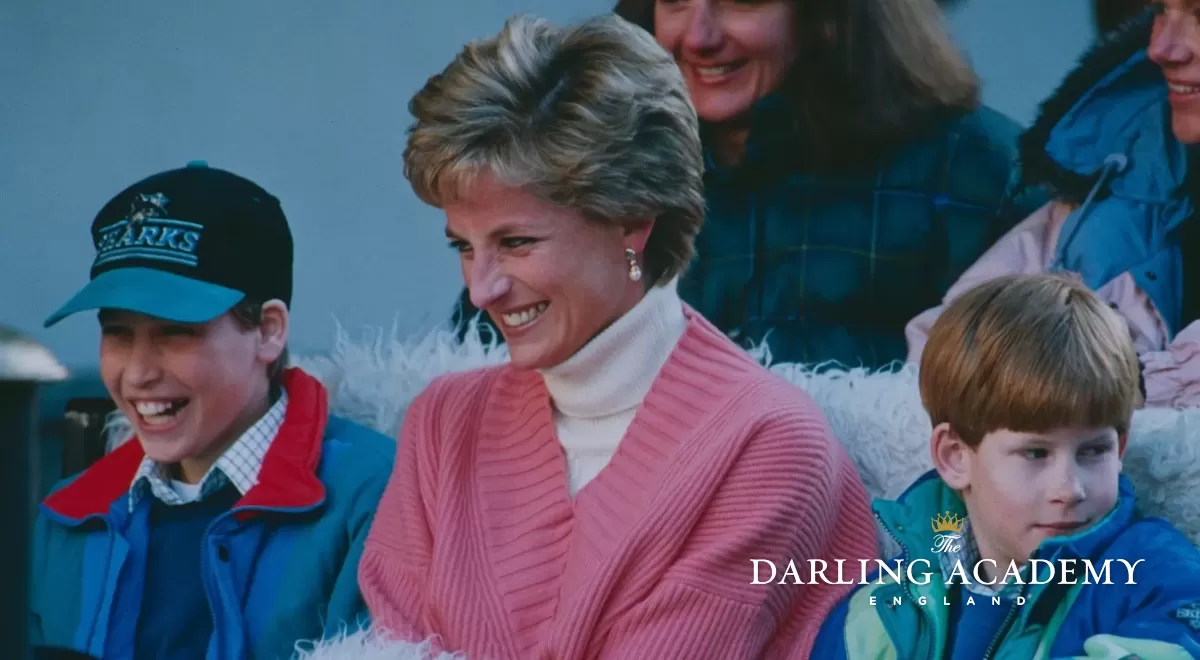
If life treated you unfairly in your early (and even later, teenage years), it needn’t stay that way. You can decide to put that to bed and use what you didn’t like about that situation to shape what you do want for your life, and that of your children.
We see this in the new Princess of Wales’ work with early years settings – she knows too, that the early childhood experience shapes the mental health of the adults they’ll grow into. Like Diana’s, my own childhood wasn’t necessarily bad, but there are things I would have liked to change about it that made me sad – rather than reflect on it and feel powerless over the way it shaped me, I can look back on it and decide how the childhood of my own offspring will be different! You can do the same too.
Life doesn’t need to start out in a picture-perfect way in order for it to turn out well and be happy. You make choices for yourself as an adult, are they ones that are wholesome for all? Are you setting a good example? Do you catch yourself in patterns of behaviour towards your family you’d rather were different?
Challenge yourself to look back at what you liked, and what you didn’t and use that benchmark to shift life for yourself and your children into something positive starting today.
I truly believe that it was a reaction of Diana’s to behave towards her children the way she did – all actions (particularly negative ones) are responses to some deep trauma, experience, or unresolved issue. It’s our jobs are parents to realise which ones are healthy and which are not.
She was compassionate to herself by becoming a mother she wanted to be, rather than following a pattern of lack, and she was compassionate to her children by honouring this need to do things differently.
![]()
You can go into things naively and make mistakes, but you will survive.
I’m sure we didn’t think much of it at the time, but on Charles and Diana’s wedding day, she was barely 20 years old, and he was 32! They had only met around a dozen or so times before he proposed, and nothing could prepare her for how her life would change.
It was a baptism of fire for this young blue-blooded girl. A lamb to the slaughter, who despite coming from a background similar to that of the royal family, and not feeling too out of place among the furnishings and social scene, Diana’s youth and naivety meant that she likely made a lot of mistakes.
Her emotions probably got the better of her, she likely acted out in ways that weren’t considered “appropriate” for her role, and it has been well documented that she had no guidance or mentor to help her through it. Not many of us do in life! Except our twenties aren’t lived out in the public eye for all to see. She was human, after all.
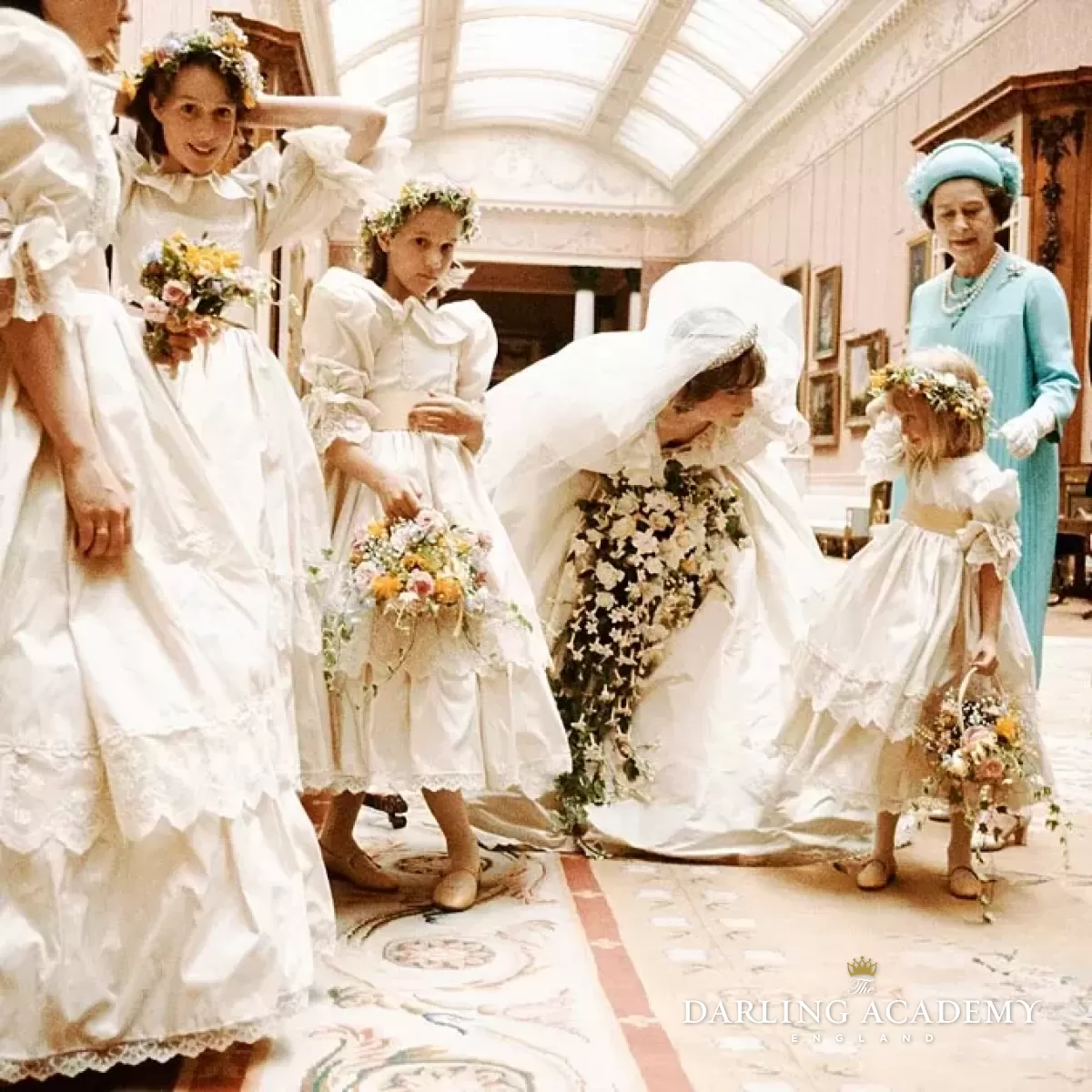
Was it a case of the wrong place at the wrong time, or the right person at the right time? The situation wasn’t ideal, but look what bloomed out of it… a role model for us all.
Could you even fathom taking on such a role at a tender age without any preparation? The pressure she was under would have been immense, but, as we see from her life in the following years, though it was far from a picnic, she learned to thrive!
Through it all she spent her life under a microscope, her marriage was in tatters, and she suffered from mental health issues. But she had blessings too! The love of her sons, a passion and a platform to help those in need, and a drive to keep going once she dusted herself off from her early experiences in this new role. She took on the establishment and changed the course of history for future royal women, and made them seem human. She made them relatable by showing her vulnerabilities, and insecurities. She had a purpose within “The Firm”, and it was her unpolished, rebel ways that stood out and changed the status quo in the end.
There is power in owning your story, and your mistakes, and then moving on from it!
We’ve all had times in our lives when we’ve made mistakes or chosen the wrong path – but it’s how you carry on that matters. Even that “wrong path” can turn out to be a blessing in disguise!
![]()
There will always be people in life who will think of you as the person they knew twenty years ago, or try to tear you down because of their jealousies, but in order to be more like Diana, you must learn that…
Compassion is the best character trait you can possess.
So many of us are busy chasing happiness, or some sense of “false perfection” we quickly forget to be kind. Too distracted from what really matters, seeking one-upmanship while hiding from our past mistakes, and putting on a front to the outside world. We live among slogans, and posters, and charity days that encourage us to “be yourself”, “women supporting women”, and “be kind”.
But are you really seeing it??? Is this world living up to its social media-driven ideals? Not really…
We re-post inspirational quotes of solidarity on our feeds, virtue signalling for the hot-topic of the moment, but still create fake profiles, and leave nasty comments about those we know, or have never met. We gossip on forums, and seek to destroy other people to make ourselves feel better somehow. We judge and gossip never really knowing the full picture.
People fool themselves into thinking that focusing on someone else’s mistakes or flaws (even those made years ago) will distract from our own. We think by calling someone else fat, we’ll be skinnier. We begrudge any modicum of success in others because the same hasn’t been afforded to us.
Most of all we hate to see someone comfortable in their own skin, warts and all! We all have warts, and demons, and issues. Once you realise that, you can be compassionate when otherwise you’d judge. You never truly know what someone is going through. Wouldn’t you hate to be judged based on what someone *thinks*, rather than the truth?
We are BROKEN. Diana included. Me included. You included.
